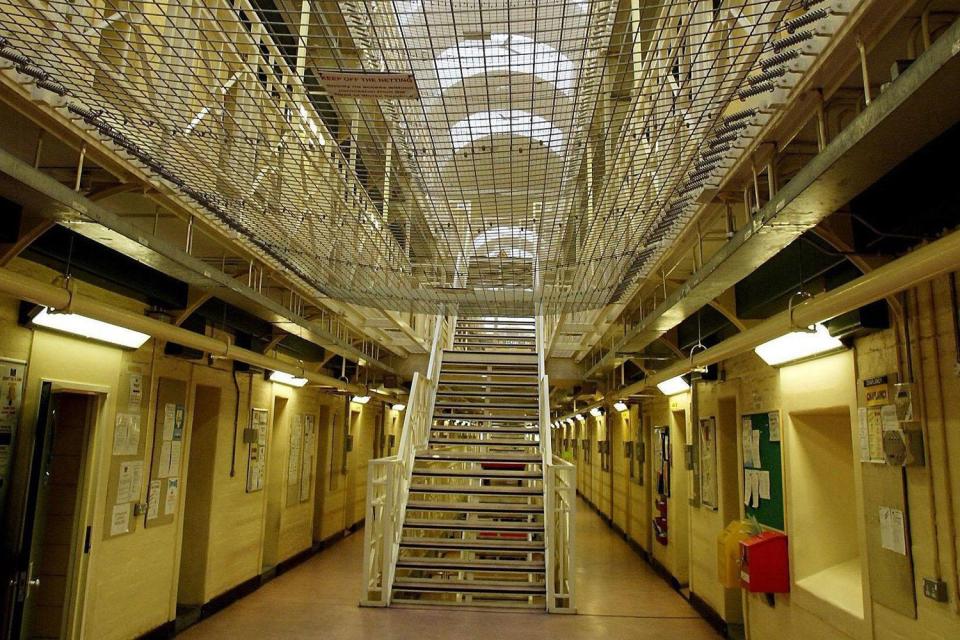Self-harm among inmates at record levels, prison watchdog warns

Inmates are self-harming at record levels to “gain attention” for complaints about poor conditions and being locked in their cells for too long, the prisons watchdog warned today.
Peter Clarke, the Chief Inspector of Prisons, said that despite the “obvious linkage between excessive time locked in cells and mental health issues, self-harm and drug abuse” the number of hours inmates were being allowed out was often “unacceptably poor”.
He said there had been 74 suicides among male inmates in the 12 months to June this year, as he delivered a highly critical report on the state of the country’s jails to Parliament.
But he also expressed particular concern about the level of self-harm in women’s prisons and called for a “sophisticated analysis” to identify ways to reduce the number of lives being lost and injuries inflicted.
“Is it any surprise that self-harm in prisons has been running at historically high levels during the past year?,” said Mr Clarke. “Prisoners often tell us they are harming themselves to gain some attention, for instance if their applications or complaints are being ignored.”
He added: “We frequently find there is simply not enough being done to try to understand the reasons for self-harm. Moreover, it was worrying, in the early stages of the COVID-19 crisis, that an apparent levelling off in self-harm was not properly analysed or explained, and some even tried to argue that longer periods locked in cells did not contribute to levels of self-harm. Such superficial commentary should be treated with extreme caution.”
Mr Clarke’s warning on the prevalence self-harm, which has also led to high numbers of suicides in men’s prisons in other recent years, came in his annual report published on Tuesday.
In it, he also warns about the “appalling” outcomes for juveniles in custody and the continued harm being caused by the “prevalence of illicit drugs and the impact they have in generating debts, bullying and violence.”
He says that not enough has been done to stop drugs coming into prisons and that body scanners are still being deployed “far too slowly”, even though they are acting as an effective deterrent where they have been introduced.
Safety is still a “major problem” in men’s prisons, the report says, with “far too many” inmates saying they felt unsafe .
Mr Clarke also hits out at the failure to provide suitable accommodation for released convicts.
“We saw nearly half of prisoners released homeless or to temporary accommodation, which is obviously unacceptable and heightens the risk of reoffending,” Mr Clarke’s report states.
Failings in immigration detention centres are also highlighted in today’s report, including in the Border Force’s facilities around Calais.
Mr Clarke says that his inspectorate had “serious concerns about some practices at both the Coquelles freight holding facility and in the Calais freight lanes” and that Border Force staff holding migrants in “escort vehicles” while waiting for French police “could not tell us the legal authority under which these detainees were held.
He warns that there was also “weak safeguarding” of children at the Coquelles freight holding facility, although staff were alert to the problem of people trafficking and their protective duties.
For confidential support, call Samaritans on 116 123, or email jo@samaritans.org
Read more
Just 80 Covid cases in 80,000 prisoners enduring 23-hour lock-up

 Yahoo Sport
Yahoo Sport 





































